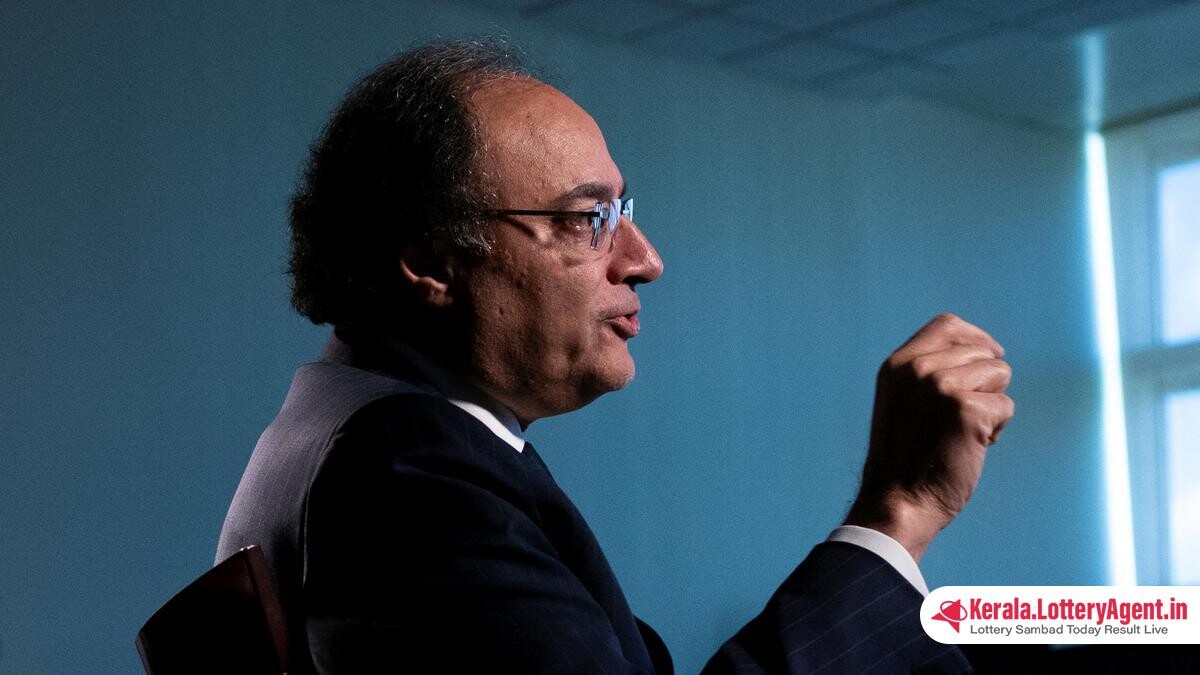
In a recent address, Pakistan’s finance minister shared a hopeful outlook regarding upcoming economic negotiations, signaling the potential for a renewed partnership between the country and the International Monetary Fund. As the finance leadership of Pakistan engages with prominent international economic institutions, the strategic importance of these discussions is clear: securing a new IMF loan could be a pivotal moment for Pakistan’s economic future.
The nation’s existing $3 billion agreement with the IMF, secured last summer to stave off a potential sovereign default, is approaching its maturity in late April. With an eye to the future, Islamabad is not merely seeking a continuation of support but is aiming for a larger and longer-term loan that could provide a foundation for sustained macroeconomic stability and enable the government to implement comprehensive structural reforms.
Finance Minister Muhammad Aurangzeb, in his address to a conference in Islamabad, conveyed a positive sentiment about the progress of discussions. “We are still hoping that we get a staff-level agreement by June or early July,” he stated, reflecting cautious optimism about the timeline for reaching a consensus with the IMF representatives.
The Finance Minister’s remarks come on the heels of his return from Washington, D.C., where he spearheaded a Pakistani delegation attending the spring meetings of both the IMF and the World Bank. The trip was characterized by “very good discussions,” he noted, indicating that the discourse between Pakistan and the IMF is heading in a constructive direction.
Yet, details about the potential scope of the new program remain under wraps. The amount of money and the duration of the IMF loan are critical factors, but as of the finance minister’s latest public comments, these specifics were not disclosed, suggesting that the negotiation process is still in a fluid state.
Pakistan’s economy has faced an array of challenges, from fluctuations in the global economic environment to internal pressures that demand significant policy shifts and the streamlining of economic structures. The strategic dialogue with the IMF has, therefore, been more than a discussion on financial parameters; it has been about setting a course for economic reforms that can lead to greater productivity, inclusiveness, and resilience.
The potential new loan from the IMF is viewed as not just a financial injection, but a seal of approval that could unlock further aid from other international lenders and investors, signaling confidence in Pakistan’s economic governance. It could also serve as an umbrella under which the country can systematically pursue reforms in critical areas like tax collection, energy sector expansion, and public enterprise management.
The pursuit of this new IMF arrangement clearly reflects Pakistan’s recognition of the need for fiscal discipline and responsible economic management. Moreover, it underscores the recognition that navigating a path of sustainable growth will require strong international partnerships.
Pakistan’s political leadership is fully aware that long-term economic stability cannot be achieved through short-term fixes. As the country stands on the cusp of important fiscal decisions, the outcome of its negotiations with the IMF is anticipated not only by domestic audiences but by international observers who understand Pakistan’s role in regional and global economic dynamics.
The world watches as Pakistan endeavors to solidify trust with international financial institutions and lay the groundwork for a hopeful economic future. The government’s proactive engagement with the IMF indicates a commitment to transformative economic policies—a move that Pakistan hopes will yield tangible results not only in the form of financial assistance but also in sustainable economic development and prosperity for its citizens.













